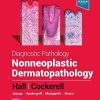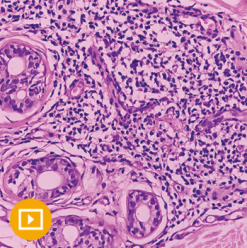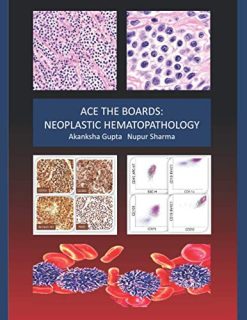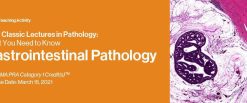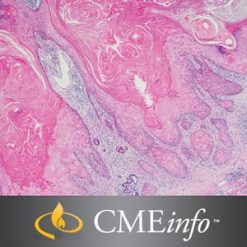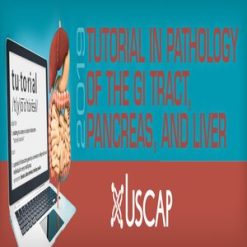Mediastinal pathology has a fascinating specificity in surgical pathology, because it is focused primarily on a single gland (the thymus) that involutes as we age, is more prominent in children than in adults, and requires a unique approach to diagnosis and clinical course. The infrequency of mediastinal tumors influences evolution of expertise by individual pathologists and their institutions.
USCAP Journey to the Center of the Chest: An Expert’s Perspective On Mediastinal Pathology 2021 (CME VIDEOS)
$45,00
Samples for Courses Can be found here : Free Samples Here!
USCAP Journey to the Center of the Chest: An Expert’s Perspective On Mediastinal Pathology 2021 (CME VIDEOS)
USCAP Journey to the Center of the Chest: An Expert’s Perspective On Mediastinal Pathology 2021 (CME VIDEOS)
Mediastinal pathology has a fascinating specificity in surgical pathology, because it is focused primarily on a single gland (the thymus) that involutes as we age, is more prominent in children than in adults, and requires a unique approach to diagnosis and clinical course. The infrequency of mediastinal tumors influences evolution of expertise by individual pathologists and their institutions. The recent introduction of new classification and staging schemas poses a novel challenge for those confronted with assessing mediastinal lesions. It is essential for practicing pathologists to become familiar with new modalities that impact treatment options and clinical outcomes. It is even more important to become familiar with the diversity of tumors that can occur in the mediastinal compartment. This course provides a unique opportunity for a tutorial in mediastinal pathology by a single internationally recognized expert from MD Anderson Cancer Center.
Target Audience
Practicing academic and community pathologists, and pathologists-in-training
Learning Objectives
Upon completion of this educational activity, learners will be able to:
– Expand the knowledge of mediastinal pathology in general
– Determine which features are important in separating some of the most common thymic tumors
– Become familiar with different staging schemas
– Become familiar with different nomenclatures
– Determine which cases need further work-up with immunohistochemistry or molecular techniques
Topics/Speakers:
– Thymic Epithelial Neoplasms
– Neuroendocrine Neoplasms
– Uncommon Tumors
– Lymphoid Tumors and Mimickers
– Germ Cell Tumors
Original release date: October 26, 2021
Access to this course expires on: September 22, 2024
Related products
DERMATOLOGY
DERMATOLOGY
OBSTETRICS & GYNECOLOGY
USCAP Contemporary Issues in Breast Pathology 2022 (CME VIDEOS)



